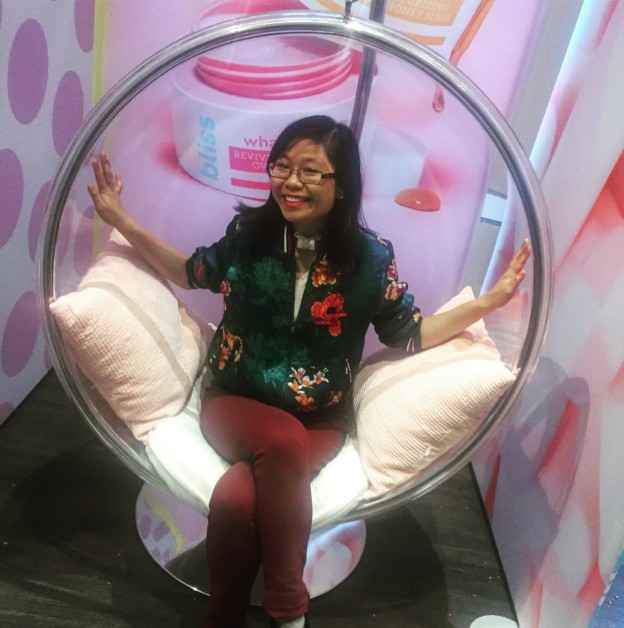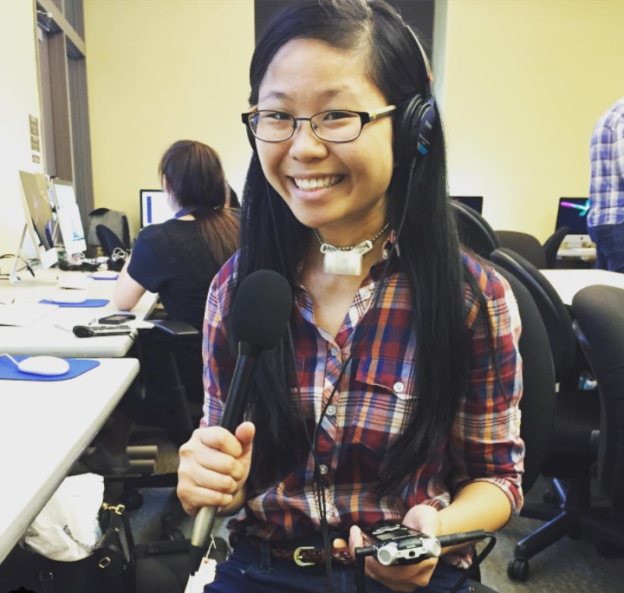On the day it was my turn to share, I read my piece out loud. To my surprise, my oratory was met with tears, astonishment and praise. I thought, is this really happening to me? I sighed with relief, and realized that, more than anything else, my fear of rejection and failure was what had kept me from keeping much of my writing hidden.
And Frank is a fantastic writer. Fantastic Frank (has a nice ring to it, doesn’t it?)& inspires me every day to be a better writer with his honesty, unique writing style and ability to get an overall feel of a piece of work. I can also safely say that our friendship has become a lot deeper, more interesting and complex since we developed a relationship as critique partners.
Deciding to share my writing with one of my dear friends has been one of the best choices I’ve made as a writer so far. My relationship with the students in my future creative writing class may not be as successful or enjoyable, but I understand how important it is to at least get a second opinion and make sure I am on the right track. You don’t always have to go with any changes they suggest, but you can consider them and see if they make sense or not.
I made a short list of tips on being a critique partner, AKA “Fantastic Frank.” Hmm, I think this term is growing on me.
1) Choosing a critique partner can be difficult, as writers have different preferences. I love that my critique partner also happens to be one of my awesome friends whom I know well and can trust. Others may prefer a classmate or acquaintance with a formal/professional relationship; that way, conflict of interest doesn’t get in the way of feedback honesty. Keep this in mind as you think about what kind of relationship you want to have with your critique partner.
2) No matter who your critique partner is, there must be a balancing dynamic between you two. Feedback must be given both ways, and there needs to be mutual respect, honesty and support. Feelings of competition should be kept at a minimum.
3) Be open-minded, be curious, be understanding of criticism. Don’t be afraid to ask your partner questions about their work and/or their comments on yours to see what angle your partner is coming from. That’s what your partner is there for. No matter what, though, don’t let your writing style or your personality as a writer be affected. Don’t change anything that you don’t think will benefit your work or isn’t 100% what you want.
4) For me, one of the hardest things at least for me as a writer is to write in a way that initiates the right reaction or gets a point across; and I never know if it does or if my reader feels something totally different than what I had intended. My favorite part of having a critique partner is seeing his perspective and reaction as a reader of my writing.
5) As critique partners, you should be there for each other during much of the writing process – especially during revision and completion! After you’ve copy-edited, written those second, third and fourth drafts and submitted your work for publishing, celebrate together with a drink. There’s nobody else who understands what that final submission means to you than your critique partner.
6) What have you learned from participating in critique groups and critique partnerships? Share in comments below!











My writing has vastly improved from being member of an in person (ftf) writers group and several on-line crit partners.
I’ve worked with a number of authors over the last couple years, and read so many revisions I think I know the story as well as they :) But offering feedback also helps me become a better writer because I “see” what I’m saying to them and also think some of that logic applies to my own writing. Talking out difficult passages/transitions sure helps keep perspective :)
I’m glad you changed your mind about critique groups/partners and writing classes. I agree that you don’t have to use all the feedback, but it is rewarding to receive (and give) feedback.
…….dhole
Finding a crit buddy is so important! I lucked into 2 online buddies who are pure gold! Sounds like you and Frank have the same kind of magic going :)
And the ability to change your mind based on evidence is a sign of an open mind!
My crit partner (though she does not write MG fiction) gave me a wonderful feedback regarding my MS. She really brought an amazing perspective to my writing. For my earlier books, I had no crit partners, I was a Lone Ranger who did not believe in CP’s.
Now, I have two amazing ones, both in New Zealand and I am eager to send them my next lot of books.
I like the sound of Frank. He seems to be a wonderful CP and a friend rolled into one package.
Wishing you a Merry Christmas and a Happy New Year in advance.
These are definitely great tips — the feedback is what helps me the most!
feedback can be hard to deal with because a lot of people view it as criticism, especially if it’s not constructive. i think you’d be great at editing!
Happy Holidays! <3
I’ve done a few things in the last year or so that have really improved my writing (including blogging and following other writers’ blogs) but the two that have done the most are 1) starting a writing group and 2) going to a writing conference. The writing group I formed from people who met up during NaNoWriMo. From that group I got two awesome crit partners – if one is great, two is even better, particularly when they disagree on something. And at the conference I met people at different stages of writing careers, and made connections with people who would become beta readers for me. It was an investment that paid out ten fold.